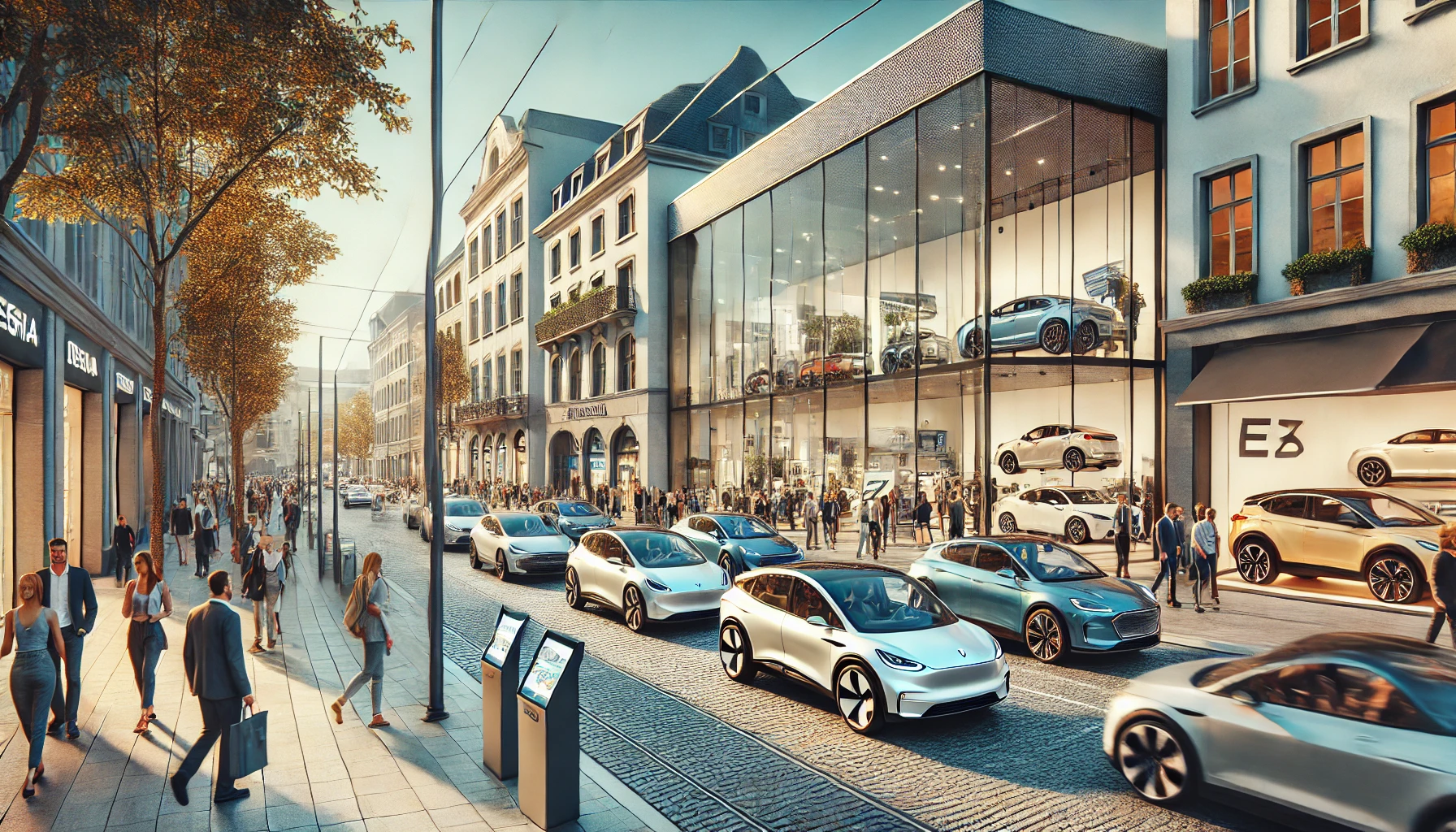European Union New Car Registrations Rise in 2024

In 2024, the European automotive market experienced a notable uptick in new car registrations, reflecting a resurgence in consumer demand and market stabilization post-pandemic. According to the European Automobile Manufacturers’ Association (ACEA), new car registrations—a key indicator of sales—rose by 5.1%, totaling 910,505 units for the year.
Market Dynamics and Contributing Factors
Several factors contributed to this positive trend:
- Economic Recovery: As European economies continued to recover from the impacts of the COVID-19 pandemic, consumer confidence improved, leading to increased spending on durable goods, including automobiles.
- Incentive Programs: Various EU member states implemented incentive schemes to promote vehicle purchases, particularly focusing on environmentally friendly options.
- Model Launches: Automakers introduced new models and technologies, attracting consumers back to showrooms.
Performance of Major Automakers
The year saw varied performances among leading car manufacturers:
- Volkswagen Group: Maintained its position as Europe’s largest carmaker with a modest 0.3% increase in registrations.
- BMW: Experienced a robust growth of 7.6%, driven by strong demand for its luxury models.
- Mercedes-Benz: Faced a slight decline, with registrations falling by 7%.
Electric Vehicle (EV) Market Trends
The EV segment presented a mixed picture:
- Decline in EV Registrations: Despite the overall market growth, fully electric vehicle registrations saw a significant decline of 44%, reducing their market share from 21% to 14%.
- Hybrid Vehicles: In contrast, traditional hybrid cars experienced a 6.6% increase in registrations, indicating consumer preference for transitional technologies amid evolving infrastructure and range considerations.
Regional Insights
The growth was not uniform across all EU member states:
- Germany: As the largest automotive market in the EU, Germany saw a 2.5% increase in new car registrations, contributing significantly to the overall growth.
- France and Italy: Both countries reported declines, with France experiencing a 3% drop and Italy a 1.8% decrease in registrations.
Challenges and Future Outlook
While the 2024 growth figures are encouraging, the automotive industry faces several challenges:
- Supply Chain Disruptions: Ongoing issues, such as semiconductor shortages, continue to impact production schedules and delivery times.
- Economic Uncertainties: Inflationary pressures and geopolitical tensions may affect consumer purchasing power and confidence.
- Transition to Electric Mobility: The decline in EV registrations suggests the need for enhanced infrastructure, incentives, and consumer education to facilitate the shift towards sustainable transportation.
Industry stakeholders remain cautiously optimistic, focusing on innovation, supply chain resilience, and strategic investments to navigate the evolving landscape of the European automotive market.
